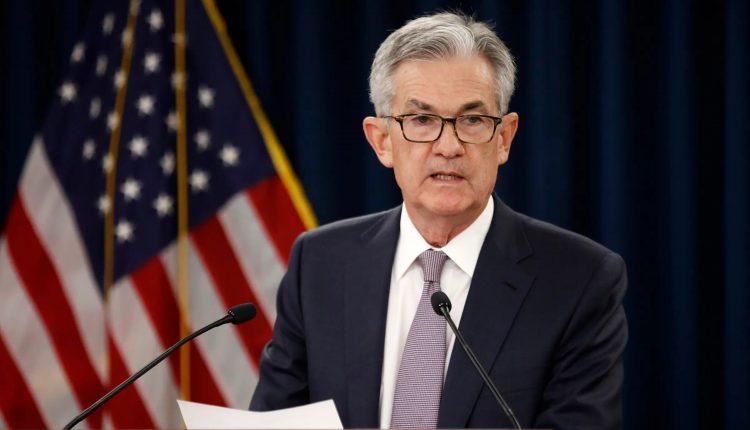Federal Reserve Chair Jerome Powell said late Tuesday night that the US economy is no longer overheated. The job market, which saw a surge during the pandemic, is now stabilising and approaching pre-pandemic levels.
Powell comments to Congress suggested that interest rate cuts could be more probable.
Powell recognised the Fed’s need to consider both inflation and other risks. He avoided setting a timeline for interest rate decisions but stressed the importance of data-driven choices.
As the presidential election approaches and with only two Fed meetings remaining, Powell fielded questions from both Democrats and Republicans.
Democrats were concerned about the risks of delaying rate cuts on the job market, while Republicans were worried about the impact of inflation exceeding the two per cent target on households.
Senator Kevin Cramer, a North Dakota Republican, expressed concern that lowering rates before the election could be perceived negatively.
During the Senate hearing, senators questioned Powell about housing costs and potential changes in bank regulations.
Powell reassured lawmakers that inflation has shown improvement recently and indicated that positive data could support a more relaxed monetary policy. The Fed has kept its policy rate steady at 5.25 per cent to 5.5 per cent since July 2023.
He told the Senate Banking Committee that recent data shows some progress towards the inflation target. The Fed will receive consumer price data for June this week, following a flat reading in May. Analysts expect another weak report.
The June jobs report showed 206,000 jobs added, but with a slowing trend and rising unemployment at 4.1 per cent. Treasury Secretary Janet Yellen suggested this could help ease inflation.
Fed Chair Powell noted the low unemployment rate but warned against overly tight monetary policy. Investors predict a 70 per cent chance of a rate cut in September.
The Fed’s June meeting projected a single rate cut by year-end, but weaker inflation data may prompt more action. The Fed’s focus is shifting towards recession risks rather than inflation concerns.
Attribution: Reuters


